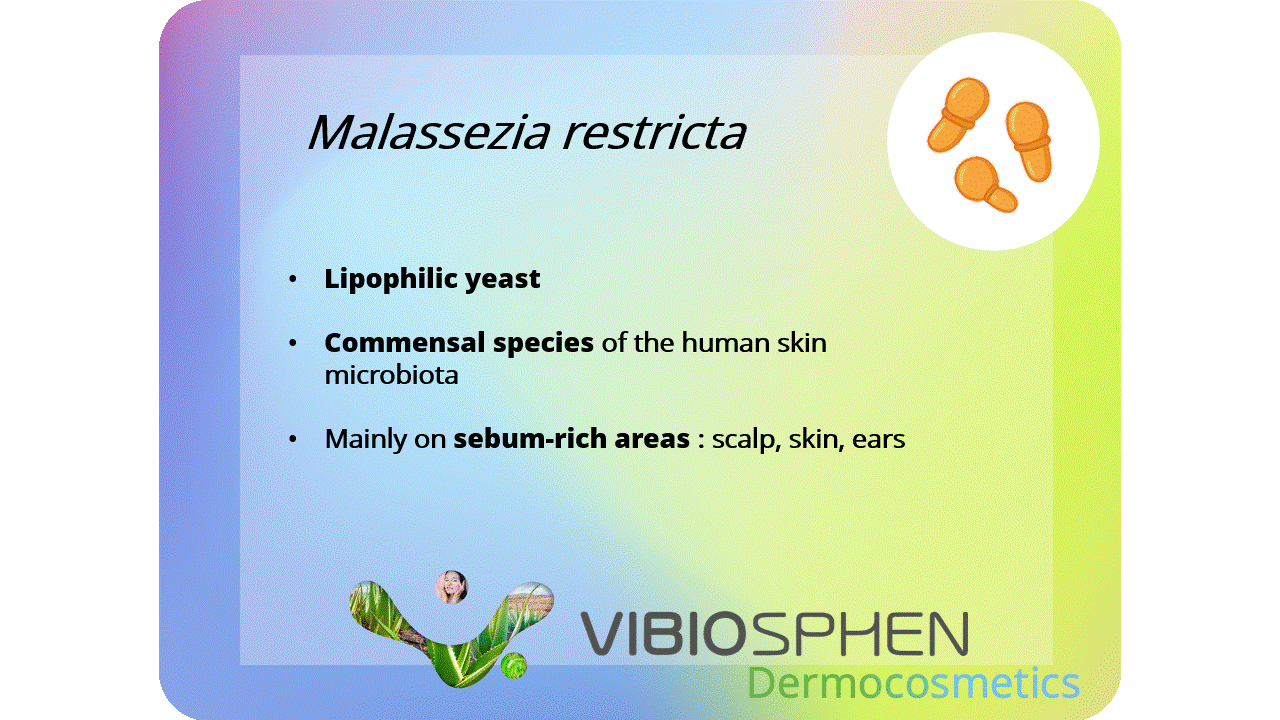How Antimicrobial Resistance and Climate Change Intertwine: A Call for One Health Solutions

The dual crises of antimicrobial resistance (AMR) and climate change (CC) represent two of the most pressing global health challenges of our time. Both phenomena, driven by human activity, pose significant threats to public health and require coordinated international efforts to mitigate their impacts. This article explores the intricate connections between AMR and CC, emphasizing the need for a One Health approach that integrates human, animal, and environmental health.
The Need for a Global Solution Against AMR
AMR is escalating globally, with the European Union reporting 670,000 annual infections and nearly 33,000 related deaths. The misuse of antimicrobials in human, animal, and environmental sectors is the primary driver of AMR. Poor infection prevention and control practices exacerbate this issue, allowing bacteria to develop multi-drug resistance. This situation necessitates a global strategy that promotes the prudent use of antimicrobials and improves infection control practices across all sectors.
Antimicrobial Resistance and Climate Change: The One Health Approach
The One Health approach, which acknowledges the interconnectedness of human, animal, and environmental health, is crucial for tackling AMR and CC. Climate change exacerbates AMR by affecting environmental conditions that influence the spread of infectious diseases. For instance, rising temperatures can enhance bacterial growth rates and facilitate the horizontal transfer of resistance genes. Additionally, climate change-induced events like floods and droughts can lead to increased use of antimicrobials in agriculture and healthcare, further driving AMR.
The Relationship Between Climate Change and Antimicrobial Resistance
Climate change impacts AMR on multiple levels:
- Human Health: Higher temperatures are linked to increased bacterial growth and spread of vector-borne diseases like malaria and dengue, which often require antimicrobial treatments, thus fostering resistance.
- Animal Health: Climate-induced stress in livestock leads to increased use of antibiotics, contributing to resistance.
Environmental Health: Extreme weather events disrupt sanitation systems, leading to higher levels of antibiotic-resistant bacteria in water bodies.
Current Strategies and Future Research
Addressing the complex relationship between AMR and CC requires multidisciplinary research and innovative approaches. Artificial intelligence and machine learning can enhance our understanding of how these crises interact and help predict future trends. Public health policies must integrate findings from such research to develop effective interventions.
Economic and Political Interventions
Effective management of AMR and CC demands robust economic and political actions. Global and national plans should be aligned to address these interconnected challenges. Policies need to encourage the responsible use of antimicrobials and foster environmental sustainability. Investment in research and infrastructure, particularly in low- and middle-income countries, is essential to ensure equitable solutions.
The Impact of COVID-19 on AMR and Climate Change
The COVID-19 pandemic has highlighted the vulnerabilities in our health systems and exacerbated the AMR crisis. Increased use of antibiotics for treating secondary infections and the extensive use of disinfectants and biocides during the pandemic have intensified the problem. Moreover, the economic impact of the pandemic has diverted resources away from climate action, further complicating efforts to combat these intertwined issues.
The simultaneous management of AMR and CC is imperative for global health. Both crises require a systemic approach that integrates human, animal, and environmental health strategies. Public health interventions should focus on enhancing antimicrobial stewardship, improving infection control practices, and promoting sustainable environmental practices.
The intertwined challenges of AMR and CC necessitate a coordinated global response. By adopting a One Health approach, we can develop comprehensive strategies that address the root causes of these crises and promote sustainable health outcomes. Continued research and collaboration across sectors are essential to mitigate the impacts of AMR and CC, ensuring a healthier future for all.
For more information and details, you should refer to this great review - https://www.mdpi.com/1660-4601/20/3/1681
Catégories
Pagination
- Page précédente
- Page 2
Archives
- janvier 2026 (2)
- octobre 2025 (1)
- juillet 2025 (1)
- juin 2025 (3)
- mai 2025 (1)
- mars 2025 (1)
- mai 2024 (1)
- avril 2024 (2)
- septembre 2023 (1)
- août 2023 (1)
- mai 2023 (1)
- avril 2023 (2)
- février 2023 (1)
- décembre 2022 (1)
- octobre 2022 (1)
- juin 2022 (1)
- mai 2022 (3)
- avril 2022 (1)
- février 2022 (2)
- janvier 2022 (3)
- décembre 2021 (2)
- novembre 2021 (1)



